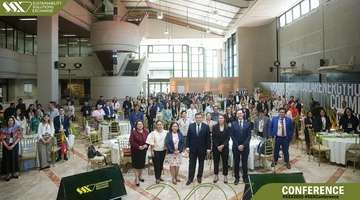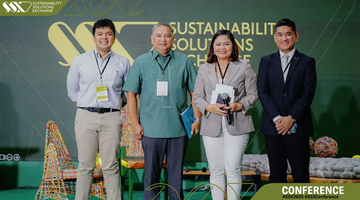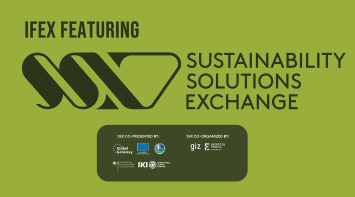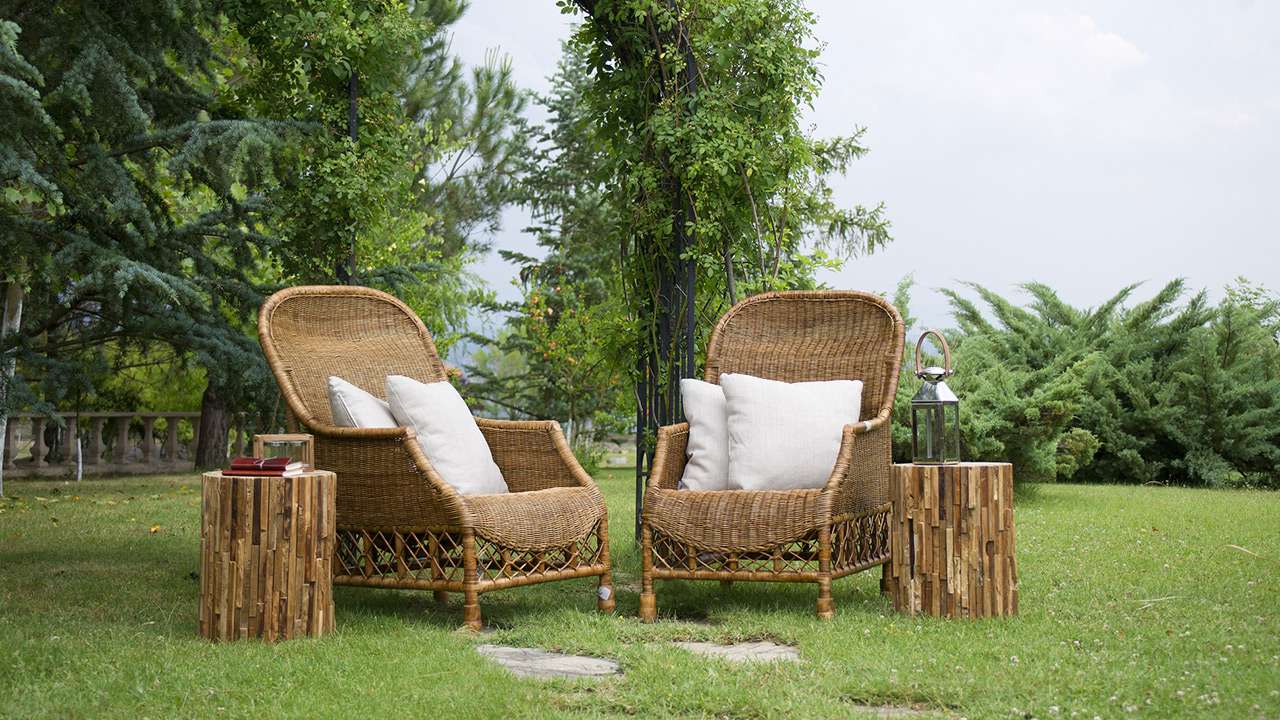POSTED Mar 29, 2022 - 01:10 PM
The future of furniture: Reclaimed wood, upcycled materials, and bamboo
By using responsibly sourced, upcycled, or recycled materials, furniture can be both fashionable and sustainable
For MSMEs selling furniture, the entire process of designing, sourcing materials, building, marketing, and selling products should have sustainability at the center. While wood is usually the main material used in furniture-making, it could also come with certain complications.
Deforestation is a huge issue in the country. The Philippines has lost 1.29 million hectares in forest tree cover since 2000. Since then, laws have been enacted to help protect the remaining forest area in the country.
While not all wood is sourced illegally, there’s still a good chunk of deforestation caused by illegal logging. No one can say for certain where the illegally logged timber goes, but a study conducted in 2011 claims that some local furniture manufacturers produce goods from trees cut down in protected areas.
With the current environmental and social climate, it’s important to know where raw materials are sourced. Here are a few sustainable sources for furniture making in the country.
Reclaimed wood
Reclaimed wood is old timber or lumber that was formerly used for another purpose. Reclaimed wood can come from old furniture, alcohol casks, structural supports, demolished homes, or even found washed up on the shore. This type of lumber is more sustainable because it’s already been used in the past, which means no new trees were cut down in the process of harvesting it.
Working with reclaimed wood is unique because each plank already comes with its own character and story. A few things to remember when working with reclaimed wood is that it can be more expensive than using virgin lumber. You’ll also benefit from dealing with reputable dealers or checking for Forest Stewardship Council (FSC) seals to ensure that what you’re purchasing is truly reclaimed wood.
Forest Stewardship Council (FSC) stamped lumber
The FSC is a certification body that helps protect the forest by examining the chain of custody for lumber and wood-related products. Having an FSC seal on lumber ensures that the wood being sold is harvested legally, ethically, and responsibly.
There are FSC-certified lumber suppliers in the country, which is an ethical option for furniture companies who would like to work with virgin wood.
Bamboo
Bamboo is a heavily used, renewable resource in the country. This perennial plant can grow up to 1 ft. per day, and is a durable alternative to hardwood or virgin wood from trees. A few benefits bamboo has is its durability, flexibility, and adaptability to different types of designs.
While technically classified as a type of grass, bamboo can be made into different types of furniture like beds, tables, chairs, doors, and even huts. A downside to using bamboo is that it scratches easily when improperly finished. Insects and mold are also highly attracted to bamboo, which means it must be taken care of properly in order to last longer.
When it comes to sustainability in furniture, your imagination is the limit. There are possibilities for recycling and sustainability in every point of the journey. All you have to do is apply creativity and resourcefulness.
For more information and news on home, furniture, lifestyle, and fashion accessories visit FAME+
Read more

CITEM Market Sensing Mission to Taiwan to strengthen PH SDG competency
Making serious strides toward strengthening the country’s sustainability footprint, CITEM travels to... Learn More

EU, PH push for green solutions in food industry at Sustainability Solutions Exchange 2025
Aiming to develop a sustainable Philippine food industry, the European Union (EU) and the Department... Learn More

SSX Conference yields strategies for circular PH food industry
Transformative ideas took root at the Sustainability Solutions Exchange (SSX) Conference, where entr... Learn More

EU, PH aim to future-proof Philippine food industry at SSX 2025
In partnership with the European Union (EU), the Department of Trade and Industry’s Center for Inter... Learn More
